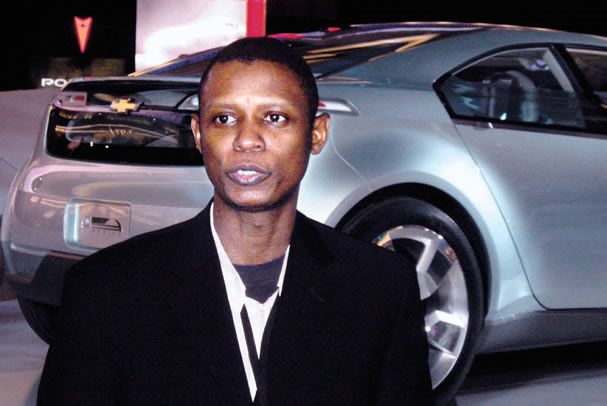By Bashir Rabe Mani
The Director-General (DG), National Automotive Design and Development Council (NADDC), Jelani Aliyu says the private sector has so far invested over N500 billion in the automotive industry.
“We have encouraged, supported, and enabled the private sector to come and put in over half a trillion naira to set up factories and assembly plants across the country,” Aliyu told newsmen in Sokoto on Sunday.
The DG spoke to newsmen on the efforts of the council to bolster the local production of vehicles in Nigeria.
“We have companies like Dangote’s Sinotrucks, Innoson in Nnewi, Elizade, Lanre Shittu, Honda West Africa, Mikano, Nord, all producing vehicles in the country.
“We have companies and assembly plants in Lagos, Nnewi, Kaduna and Kano. Some are beginning to come up in Bauchi, Kano and Ogun states.
“So, there are a number of companies actually producing and assembling vehicles in Nigeria.”
Aliyu further stated that these companies have a combined capacity of producing up to 400,000 vehicles per year.
“We are not there yet, we are not producing 400,000 vehicles per year, because of market challenges.
“We are, however, doing a lot to unlock that potential and put a stop to the importation of new and used vehicles.
“As we speak, you can see that there are individuals and companies that believe in the current and future economy of Nigeria in a such a manner that they can invest this huge amount of money,” he explained.
Aliyu also said that the council is speaking to the bigger companies such as Toyota, Volkswagen and Nissan to come into Nigeria and directly set up their own production plants.
He added that the council is also working to effectively implement an automotive policy, with a view to wooing these companies back to Nigeria.
“We need a set of regulations to ensure that government gives maximum support to those who invest in this sector, because, when these companies come in, they put in hundreds of millions of dollars.
“They want to be sure that regardless of what the government is doing, their investments must be protected,” Aliyu said.
According to the director-general, the council has also engaged an international firm, KPMG, to review the automotive policy in tune with the extant global movement in producing vehicles.
He recalled how in the 70s and 80s, firms like Peugeot, Volkswagen, Anamco and Leyland were producing over 140,000 vehicles per year and suddenly stopped.
“A that stopped overnight because the prices of crude oil that the country was so dependent on as a resource dropped from US$27 per barrel, to below US$10.
“So, overnight, Nigeria went into recession, overnight, Nigerians became poor, those people who could buy new vehicles like 504 and 505 Peugeout, and volkswagen beetles could no longer do that.
“So, these companies could no longer sell their products, and were forced to leave because of market forces.”
Aliyu said that the council is working tirelessly to bring back that lost glory and discourage the heavy reliance on fairly used cars, called tokunbo cars, by Nigerians.
He said that the council is diligently implementing the National Automotive Industry Development Plan (NAIDP), to reverse the ugly trend.
Aliyu insisted that the vehicles produced in Nigeria were of the same qualities with those imported, “if not even better.
“These vehicles made in Nigeria are configured to work with our extreme environment.”


